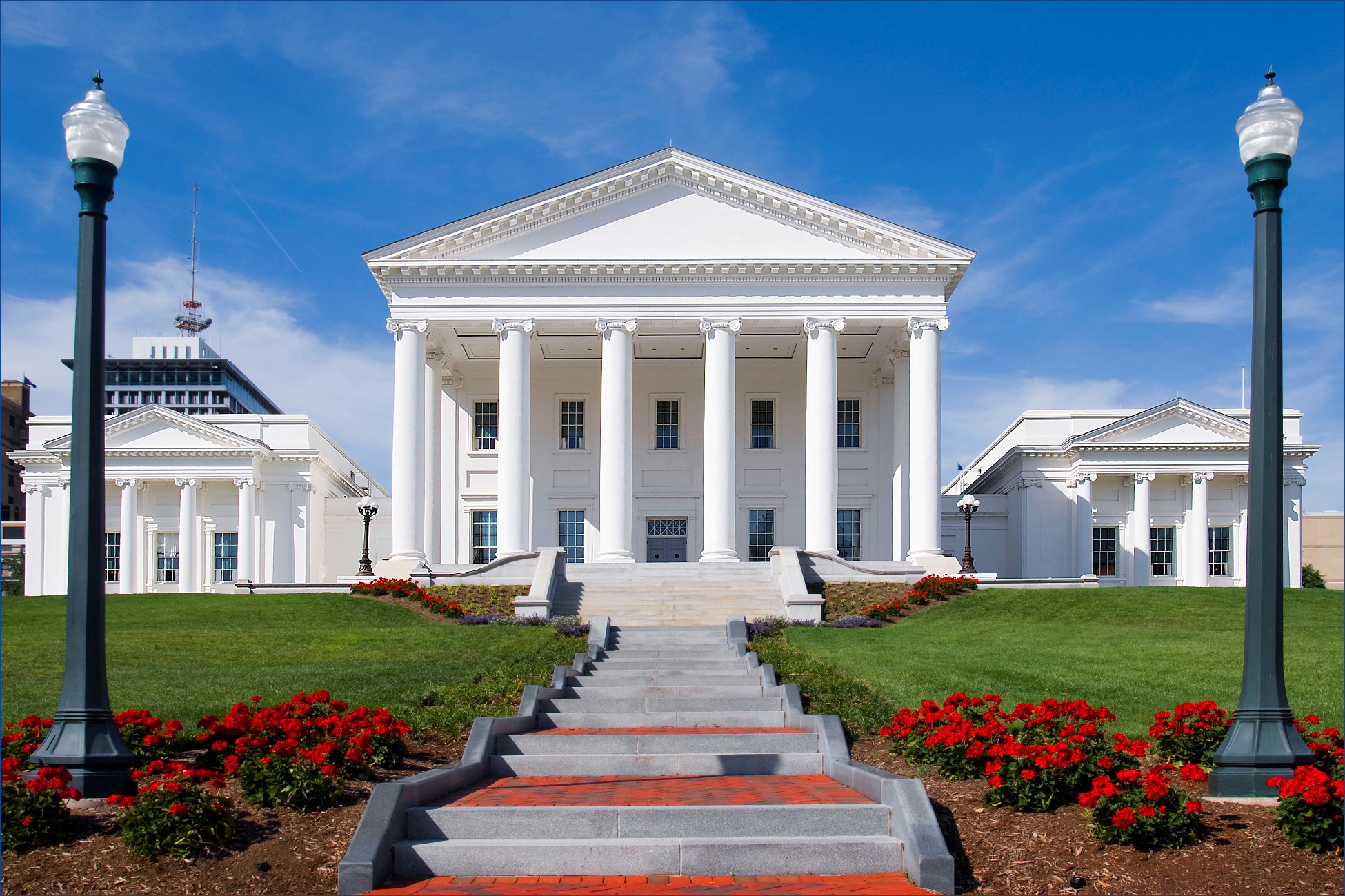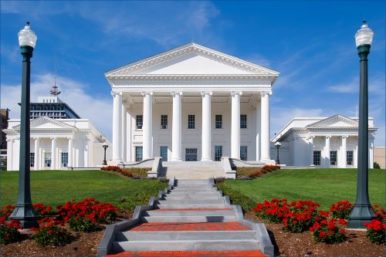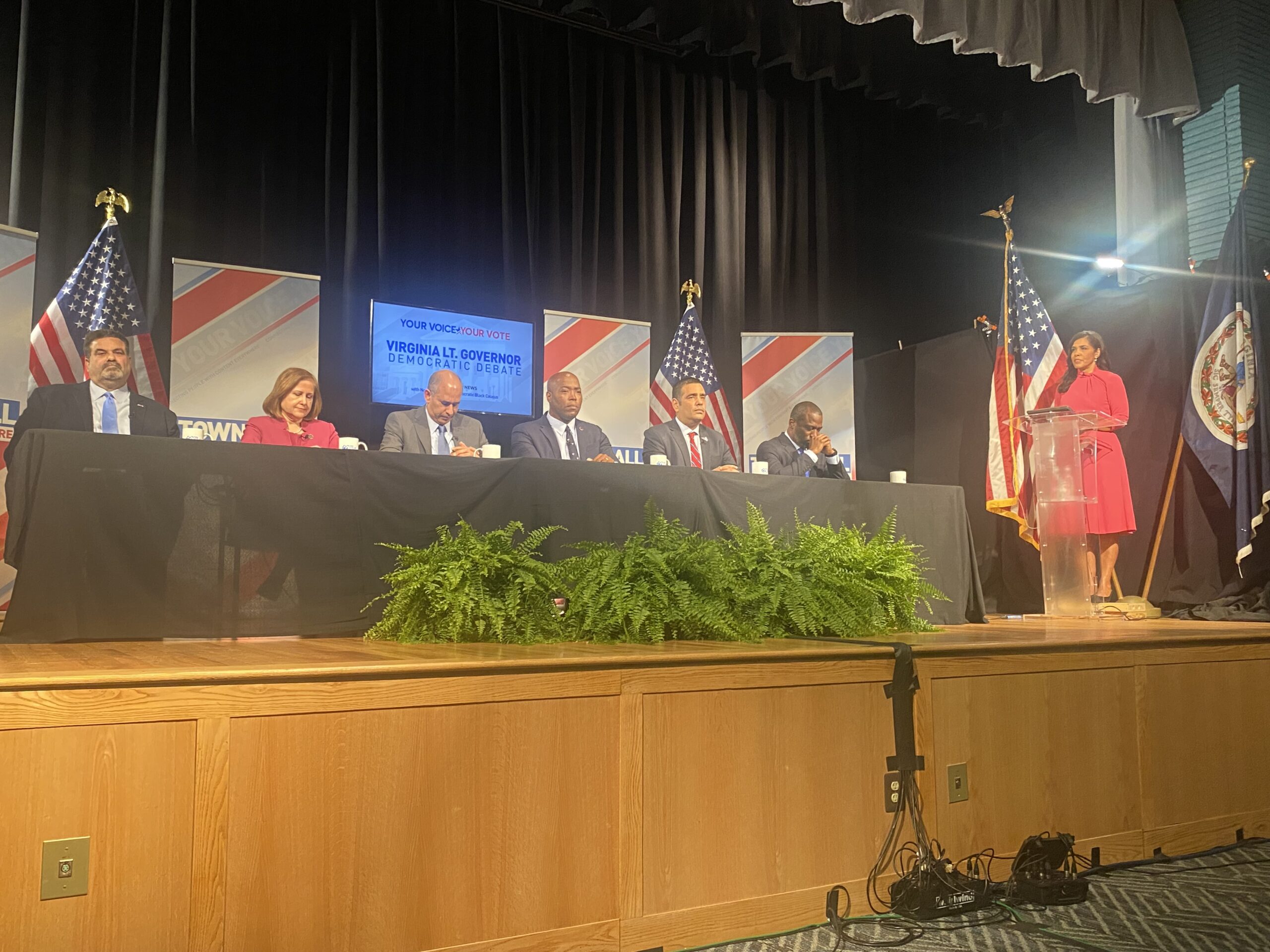Bill restricting public access to police files advances out of Virginia Senate
A controversial bill to largely undo a new criminal-justice transparency law in Virginia will be worked out behind closed doors in the General Assembly session’s last week.
The Democratic-led state Senate voted 26-13 Tuesday to send the legislation to a conference committee, a small panel of legislators that will work out its details and present a final bill for votes later this week.
The new law that’s now in jeopardy requires law enforcement agencies to disclose some closed investigative files under the Virginia Freedom of Information Act. Officials routinely denied access to those records before the law was changed under Democratic control last year following a study by the FOIA Advisory Council.
The legislation filed this year would restrict that newly granted access only to victims’ immediate families and lawyers doing post-conviction work, a sharp reversal proponents say would prevent grisly details or sensitive information about a victim from becoming entertainment fodder. However, open-government advocates say it guts a law hailed as a rare victory on FOIA policy, one that already includes several exemptions to protect victims’ privacy.
Tuesday’s vote to keep the bill moving, with seven Democrats joining the chamber’s 19 Republicans, suggests it’s likely to pass in some form.
“I’m grateful that it is going to conference so we can continue to advance our arguments about why this bill cuts too broadly away from accountability of police and prosecutors,” said Megan Rhyne, executive director of the Virginia Coalition for Open Government.
The bill was also opposed by the Virginia Press Association and the Innocence Project at the University of Virginia School of Law. It was supported by law enforcement groups like the Virginia Association of Commonwealth’s Attorneys and the Virginia Sheriffs’ Association.
Sen. Scott Surovell, D-Fairfax, made the move to send the proposal to a conference committee for further tweaks. He said he fully expects a bill to emerge but has concerns about how a strict anti-disclosure law would apply to police shootings where there could be “competing narratives” about whether the person shot was a victim or a perpetrator.
“I think a lot of times law enforcement feels like they’re the victim,” Surovell said.
Open-government advocates say one of the main arguments for restricting access to those records, keeping gruesome photos off the Internet, isn’t relevant because photos of crime victims already cannot be disclosed under the existing law. Urging the Senate to defeat the bill entirely, Sen. Joe Morrissey, D-Richmond, said the existing law already allows officials to withhold or redact anything that “would constitute an unwarranted invasion of personal privacy.” Concerns about those protections might not always work as intended, he suggested, shouldn’t outweigh the possibility that more transparency of law enforcement records could help exonerate innocent people.
“We are moving backwards,” Morrissey said. “What this bill does is everything we’re against in this body.”
(Editor’s Note: This article was first published in the Virginia Mercury. Republished with permission.)



